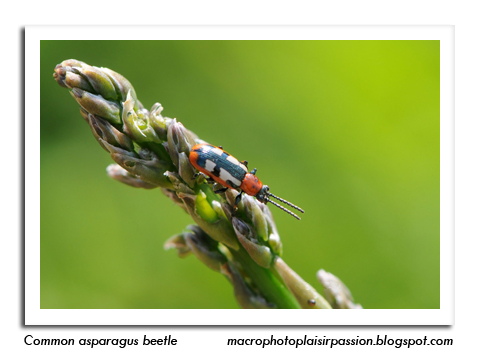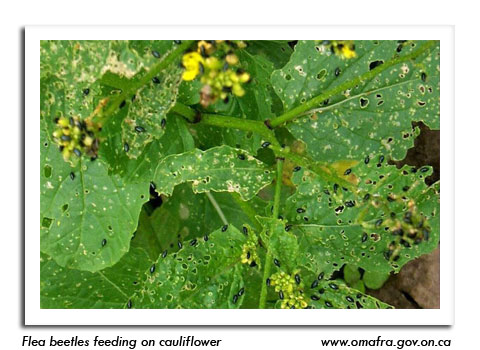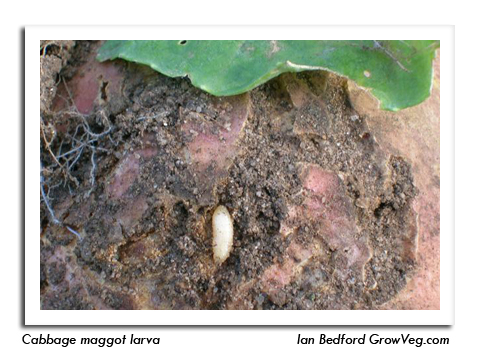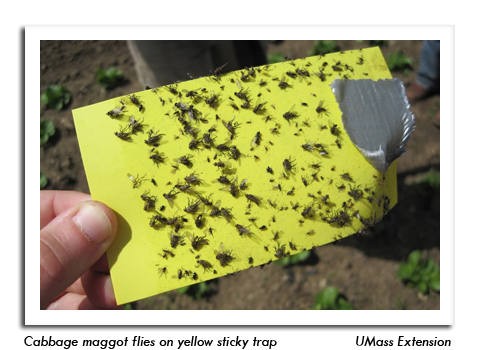
 |
|
|
Vegetables
Volume 63 Number 2 Date 05/10/2018 COMMON ASPARAGUS BEETLE - Beetle emergence and egg deposition on asparagus spears have begun near Janesville, La Crosse and Platteville. Plants should be examined for adults and eggs on warm, sunny afternoons when the beetles are most active. Control may be warranted if 5-10 beetles are found per 100 spears, or eggs are present on at least two of 100 of spears, ferns, or flower buds. Eliminating the adults early in spring, before significant egg laying has occurred, is the most effective management strategy. FLEA BEETLES - Spinach, chard, kale and other early-seeded and transplanted leafy vegetables should be inspected every 1-2 days during the two weeks after emergence (or transplant date), when young plants are most susceptible to flea beetle damage. A soil insecticide application or another form of chemical control may be justified for commercial fields if floating row covers or other cultural controls have failed to prevent beetles from moving onto newly planted crops. Established control thresholds vary by crop, but start at two beetles per plant for tomatoes and eggplant less than three inches. For cole crops and horseradish, control should be considered when the beetles cause stand reduction on small plants. CABBAGE MAGGOT - Peak emergence of first-generation flies can be anticipated in the next week across southern and west-central Wisconsin. This event generally occurs at 300 degree days (simple base 43°F), as lilacs are in full bloom. Seedlings, transplants, or spring root crops present around the time of peak flights should be protected with row covers installed well before adults begin to emerge. Producers can also monitor fly populations with yellow sticky traps or yellow plastic bowls filled with soapy water placed at 100-foot intervals along field edges and inspected every 4-6 days to determine if fly populations are increasing or declining. Broccoli and cauliflower plantings on light sandy soils are at highest risk of maggot infestation and should be monitored closely for signs of injury. Transplanting cole crops one week before or after peak fly emergence is recommended to avoid the primary damage period. -- Krista Hamilton, DATCP Entomologist 



|
|
|